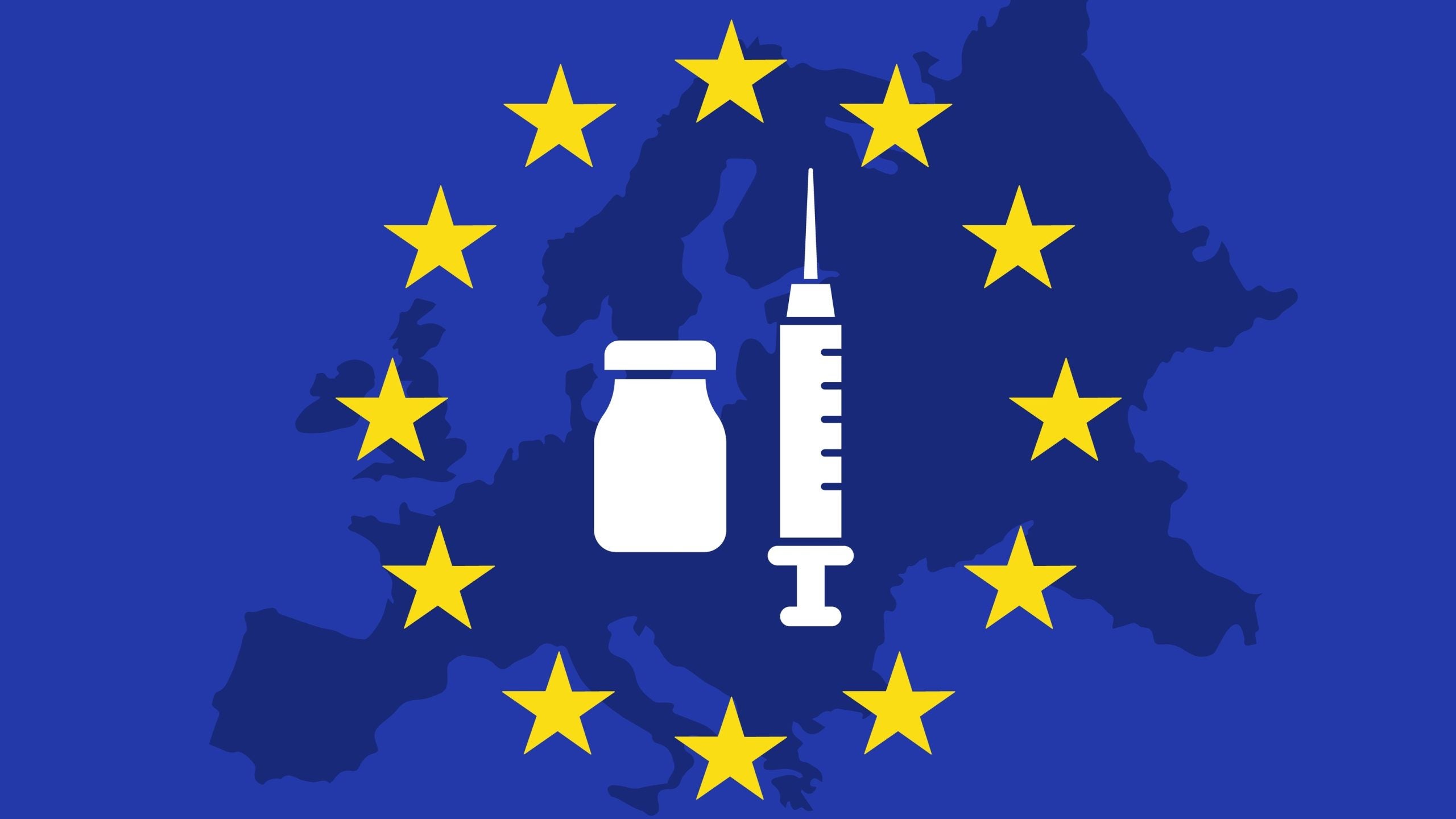
The European Commission, the Heads of Medicines Agencies (HMA), and the European Medicines Agency (EMA) have issued recommendations to prevent shortages of antibiotics.
Drug shortages have become the norm in recent years, with the US Food and Drug Administration (FDA) reporting 295 active shortages in the last quarter of 2022 and the EMA reporting that a shortage of cardiovascular medications is expected to continue until next year.
The EMA has said that the EU has an adequate supply of oral antibiotics for the treatment of respiratory infections, if the demand remains comparable to previous years, as per a 17 July press release.
Nonetheless, the agency has issued several recommendations to ensure robust preparedness. It has also announced plans to engage with marketing authorisation holders to increase production and continue to monitor supply and demand without resorting to stockpiling.
In addition, the agency wants to increase prescriber and public awareness regarding the judicious use of antibiotics to ensure efficacy and avoid antimicrobial resistance.
The antibiotics in question are part of the World Health Organisation’s (WHO) access, watch, and reserve list, and include amoxicillin, amoxicillin/clavulanic acid, penicillin V, azithromycin, clarithromycin, ceftriaxone, cefotaxime, and piperacillin-tazobactam. The first version of this EU’s essential medicines list is slated for a release by the end of this year.
One of the reasons behind drug shortages is limited supply, this is exacerbated in the case of antibiotics due to lack of financial incentive for investment in the sector along with an increase in antibiotic resistance. Several agencies in the US and UK are exploring alternate payment models via subscriptions to spur research into new antimicrobial drugs.
A European Health Emergency Preparedness and Response Authority (Hera) committee will monitor the supply chain and detect any shortfalls. A meeting consisting of Member States’ Ministries of Health, the Commission, HERA board members, and the industry is planned for 20 July to discuss further steps.
